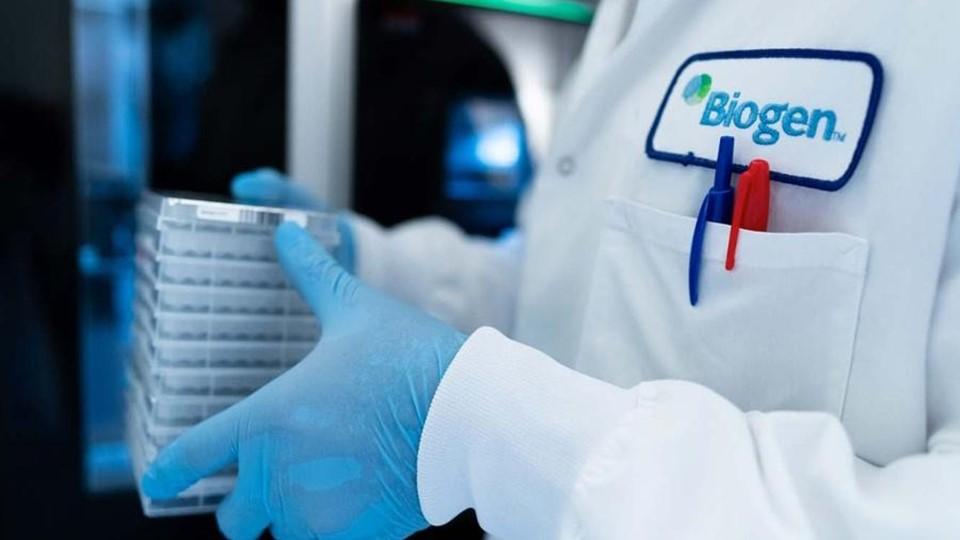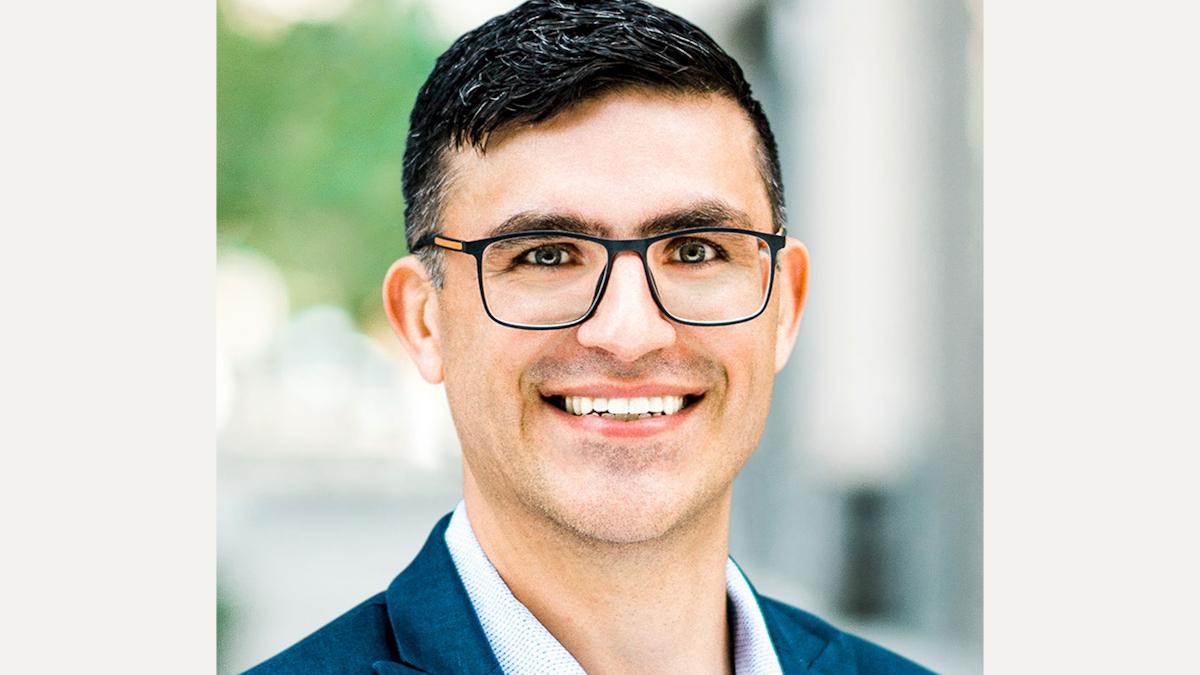Biogen, Sage drug for essential tremor flunks mid-stage test

Biogen's $3 billion alliance with Sage Therapeutics has suffered another setback after their drug for essential tremor failed to move the needle in a phase 2 study.
Topline results from the KINETIC 2 trial of SAGE-324 (also known as BIIB124) were unable to show an improvement in the symptoms of essential tremor with the drug, which is a GABAA receptor-positive allosteric modulator (PAM), and also failed to demonstrate a dose-response.
Essential tremor is a debilitating neurological disorder that causes involuntary and rhythmic shaking and affects an estimated six million people in the US alone. It has seen hardly any treatment advances in decades, making the failure of SAGE-324 a huge disappointment for a community with a pressing need for new options.
Biogen and Sage remained tight-lipped about the future of SAGE-324, other than to say that they are abandoning development in essential tremor and are "evaluating next steps, if any," in other potential indications, which include epilepsy and Parkinson's disease.
The head of therapeutics development at Biogen, Katherine Dawson, said the data will at least "add to the collective understanding of this debilitating condition and may help inform the field on potential future research and therapeutic approaches."
SAGE-324 was one of two Sage drugs licensed by Biogen in 2020 in a $3 billion deal – including more than $1.5 billion upfront – that also gave it rights to zuranolone for psychiatric disorders, including depression.
At the time, Biogen was reeling from a string of pipeline setbacks and was facing resistance to its Alzheimer's drug aducanumab, subsequently approved as Aduhelm in controversial circumstances, before being abandoned in favour of follow-up Leqembi (lecanemab).
Since the deal was signed, zuranolone has been approved by the FDA as Zurzuvae as the first oral therapy for post-partum depression (PPD), but rejected it for major depressive disorder (MDD), a much larger and more lucrative market.
That decision prompted analysts at Jefferies to reduce their peak sales projections for the drug to $250-$500 million from an earlier estimate of $1 billion-plus. Now, with SAGE-324 a much-diminished prospect, Biogen's investment in Sage's programmes is looking like a very bad deal.
Sage's share price had fallen 22% at the time of writing, while Biogen also slipped by around 1%.












